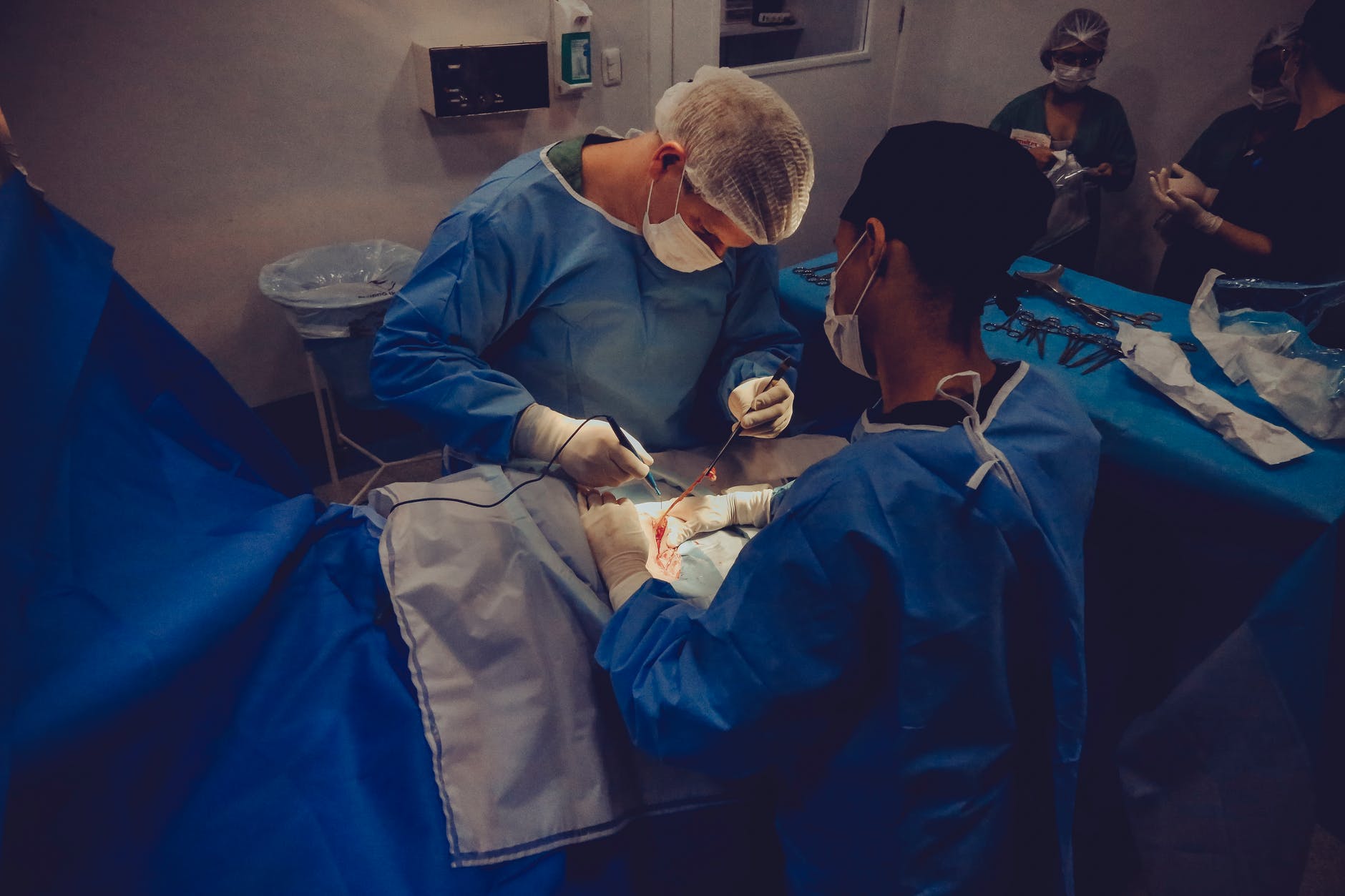![]()
Often times, the liver plays an important role in a person’s overall health. If you or someone you know has been diagnosed with liver disease and needs a transplant, there is hope for recovery. However, it is important to recognize the risk factors of this surgery so that patients can then prevent complications and make decisions about whether or not to proceed with the procedure.
Why you should avoid Liver Transplant
Liver transplant is a risky procedure with a high mortality rate. There are many reasons for why someone would be refused a liver transplant, including high blood pressure, diabetes, and taking too much acetaminophen. If you are in any of these situations, it’s important that you avoid this surgery. Some doctors may tell you that a liver transplant is your only option in order to avoid being on dialysis. However, there are other options, and they are much more healthy than a transplant. One option is to join the waitlist for a deceased organ donor and explore the possibility of having your own organs used.
Discussing the Benefits of a Liver Transplant
Liver transplants are a life-saving option for some people, but before you go into this surgery, there are many things you should be aware of. The liver is a vital organ that can be damaged by alcoholism, obesity, high blood pressure, and more. If you’re at risk for a poor outcome from the surgery, talk to your doctor about what other options do exist. One of the main things people worry about before receiving a liver transplant is whether or not the procedure will be successful. The success rates for liver transplants are high, however, if their body does not have any other options. There are also a lot of other benefits that come with receiving this type of surgery as well.
Discussing the Side Effects of a Liver Transplant
If a person has diabetes, heart disease, or cirrhosis of the liver and is experiencing frequent episodes of feeling faint or dizzy due to low blood sugar, they are more likely to need a liver transplant. If there is no other treatment available and the patient has severe complications related to their liver condition, they may be able to get one. The doctors want to make sure that the patient doesn’t have any other conditions that would make it more difficult for them to process a transplant and take care of themselves.
Managing your Liver Transplant Symptoms
If you are experiencing symptoms of liver disease, stress is the number one trigger. They should also avoid alcohol, high fat foods, and drugs that are hard on the liver. A lot of people do suffer from symptoms such as abdominal bloating, nausea, vomiting, and weight loss after the surgery. These symptoms should be taken seriously and treated by a doctor if necessary. Liver transplant surgery is a life-saving procedure that can cure people with end-stage liver disease. However, it’s a major operation that comes with numerous risks and long recovery periods. To avoid the many problems associated with a liver transplant, patients are advised to take their time recovering from surgery and follow the physician’s instructions carefully.
Learning to live with a Liver Transplant
The fact is, you don’t have to live with a liver transplant. There are certain things that doctors may tell you that you can do to reduce your risk of developing liver disease and being required for a transplant in the future. It’s fairly easy for most people to live with their transplants because most of these precautions are common sense steps everyone should take in the first place.
How to Find a Doctor Who Treats Liver Cancer
If you’re looking for ways to avoid going on a liver transplant, there are some things that you can do. Most of these measures will require you to modify your diet and lifestyle. These changes will help maintain a healthy weight and reduce stress on the liver.
